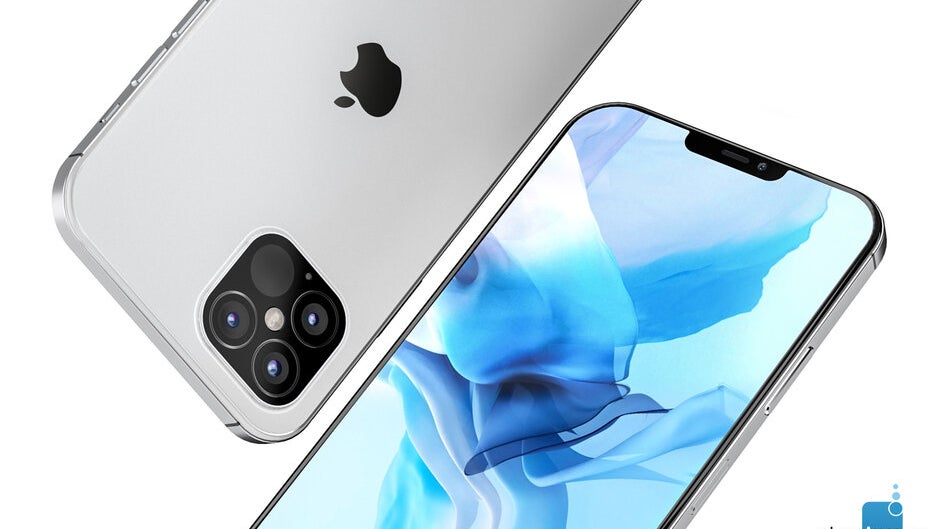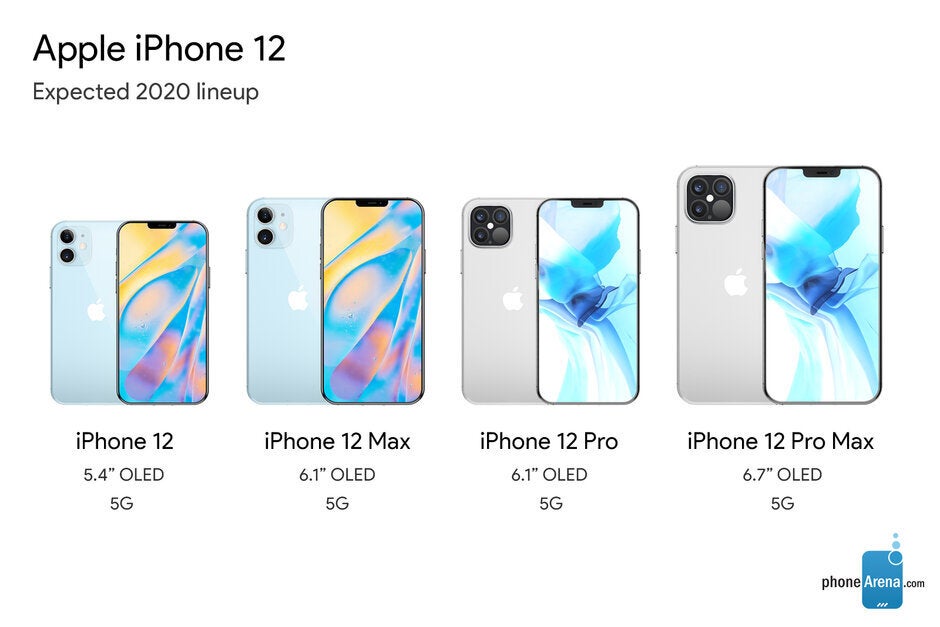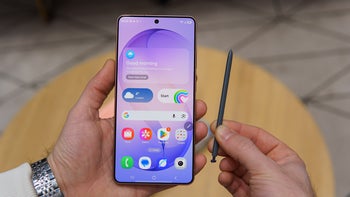Key Apple supplier says 2020 iPhone 12 5G launch will be delayed

The unveiling of the 2020 5G Apple iPhone 12 series, originally expected to take place during the third quarter of the year, as usual, has been pushed back to the fourth quarter. According to Bloomberg, this bit of news comes from the CEO of Broadcom; the latter is a company that supplies Apple with chips for Wi-Fi and Bluetooth connectivity along with Radio-Frequency (RF) chips that connect the iPhone to cellular networks.
The 2020 5G iPhone models are running behind schedule says Apple supplier
Broadcom CEO Hock Tan said during a conference call on Thursday that there is a "major product cycle delay" at a "large North American mobile phone" customer. While the executive didn't refer to Apple by name, he has often used that terminology to describe the company. Describing the effect that the delay will have on his firm, Hock said that the usual pop in revenue that Broadcom experiences during the same quarter every year will be pushed back by one quarter this year. Apple typically introduces its latest and greatest iPhone models each September. However, the global coronavirus outbreak forced Apple's suppliers to temporarily close earlier this year and also played havoc with the manufacturer's supply chain.

The launch of the 2020 5G iPhone 12 series will be a month late
The CEO made it clear that Apple is using some of Broadcom's parts in the upcoming iPhone 12 series and said, "We are in, the question is timing." The executive warned shareholders that "This year, we do not expect to see this uptick in revenue until our fourth fiscal quarter. So accordingly, we expect, our wireless revenue in Q3 will be down sequentially." Broadcom's earnings have also been impacted by "supply constraints and an expected substantial reset in wireless." With weakness in the global economy attributed to the COVID-19 pandemic, many people are not in a position to purchase an expensive new phone.
Apple is expected to unveil four new 5G iPhones this year including the 5.4-inch iPhone 12, the 6.1-inch iPhone 12 Plus, the 6.1-inch iPhone 12 Pro, and the 6.7-inch iPhone 12 Pro Max. All four phones will be equipped with an AMOLED display while the display on the two "Pro" models will refresh at 120Hz or 120 times per second. Under the hood, you'll find the 5nm A14 Bionic chipset with 15 billion transistors inside manufactured by TSMC. The two standard models are expected to come with 4GB of memory while the "Pro" units will sport 6GB of RAM. For the first time in iPhone history, the newest models start with 128GB of storage instead of 64GB.
The iPhone 12 and iPhone 12 Plus should come with Wide and Ultra-wide cameras and a time-of-flight LiDor depth sensor for more accurate depth readings; this data will provide iPhone users with more AR capabilities. The iPhone 12 Pro and iPhone 12 Pro Max will have a similar camera array but with an additional (telephoto) camera onboard. All four phones will have support for sub-6GHz and mmWave 5G signals.
The 2020 iPhones are in line for another big boost in battery capacity. The 2019 iPhone 11 Pro Max has the best battery life of any iPhone ever, and the 3969mAh battery on that model will be hiked by more than 10% to 4400mAh on the iPhone 12 Pro Max. Keep in mind though that the larger capacity battery will have to provide the juice needed to power the 120Hz ProMotion display and the 5G connectivity.
Remember, Apple has yet to confirm that it will be unveiling the iPhone 12 line late than expected and there is no guarantee that it ever will. But for now, one of Apple's own suppliers says that this is the case and there is no reason not to believe Broadcom's own CEO.
Follow us on Google News














Things that are NOT allowed:
To help keep our community safe and free from spam, we apply temporary limits to newly created accounts: